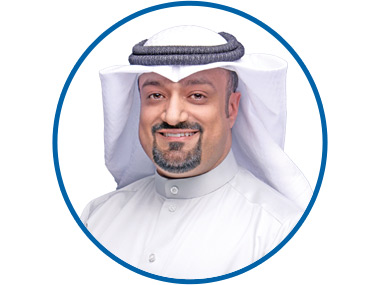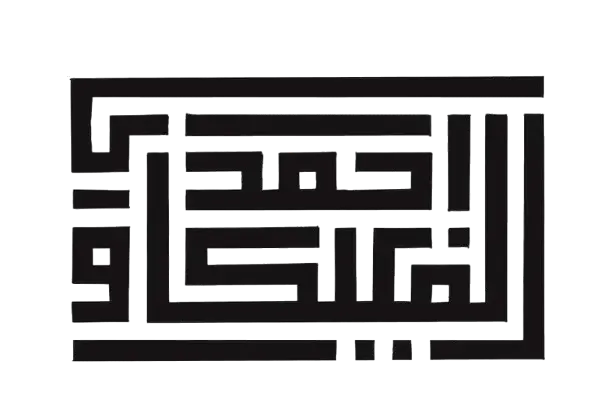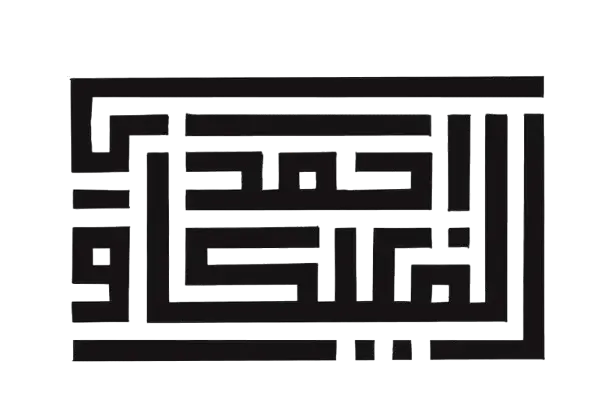In the corners of classrooms, cheating is no longer a secret—it has become a silent skill.
Applause goes to the “smart” student who sneaks a paper, snaps answers on his phone, or tricks the teacher. They say of him: clever, sharp, he knows where grades are “eaten from.”
But the honest student? He is described as naïve, pitiful, unable to “handle things.”
So has intelligence become the art of deception? And honesty, a weakness in dealing with reality?
A 2021 OECD report revealed that 67% of high school students across multiple countries admitted to cheating at least once in their final exams. Their motive was not laziness, but fear of failure in front of those who excel at cheating.
Thus values were corrupted—cheating became a “social skill,” while honesty turned into an “unrealistic stance.”
The classroom shifted from a place of knowledge… into a polluted arena of competition.
The cheating student knows the curriculum adds little to him, that the grade matters more than understanding. And the teacher, often, turns a blind eye—because he too is a victim of a system that demands results before standards.
And so, without noticing, we began graduating professionals in deception… not in thought. And the student who stayed silent while witnessing cheating learned a more dangerous lesson than any in the textbook: that truth is motionless, and that the “clever one” is he who doesn’t see it.
O educational system, shall we redefine intelligence? Shall we restore honesty’s value—not only in behavior, but in awareness?
In one classroom, a student was caught cheating. He was not punished; rather, he was pulled aside and received whispers of admiration from his peers: “Smart—he got away with it.”
Meanwhile, another student, who wrote only what he understood, without copying, and did not excel? He left the exam hall with bowed head… because his honesty “wasn’t enough.”
Have we turned from educational institutions… into factories of grades? Have we reached the point where we reward outcomes even if born of deception, while ignoring the straight path because it is “too slow”?
A 2020 Cambridge University study found that students who cheat repeatedly gradually lose faith in the very value of knowledge itself. Success, to them, becomes tied to “mastered deceit” rather than any genuine effort.
Cheating here is not just misconduct… it is a destructive philosophy of values. It teaches evasion, it entrenches the principle: “What you cannot achieve yourself… take by trickery.”
Worse than cheating is when everyone sees it and no one objects, when it shifts from exception to norm, from disgrace to skill, when intelligence is defined as “the ability to outmaneuver,” and honesty is labeled “nice… but impractical.”
A school that is silent on cheating… is teaching lying without a textbook. A teacher who tolerates high achievers through cheating… is raising a society that trusts no one.
So do not ask me about the collapse of education… ask instead: Who redefined intelligence? Who made cheating part of success? Who raised a generation that applauds cunning… and stays silent at integrity?
We want a pure intelligence, not a polluted cunning. We want an honesty that is proud, not one humiliated with the phrase: “You could have cheated and passed… but you chose stupidity instead!”
So, O architects of the system—do you still honor the “top scorers”… without asking: By what means did they get there first?



